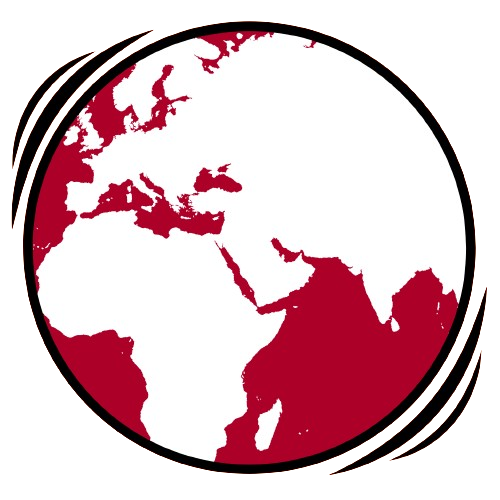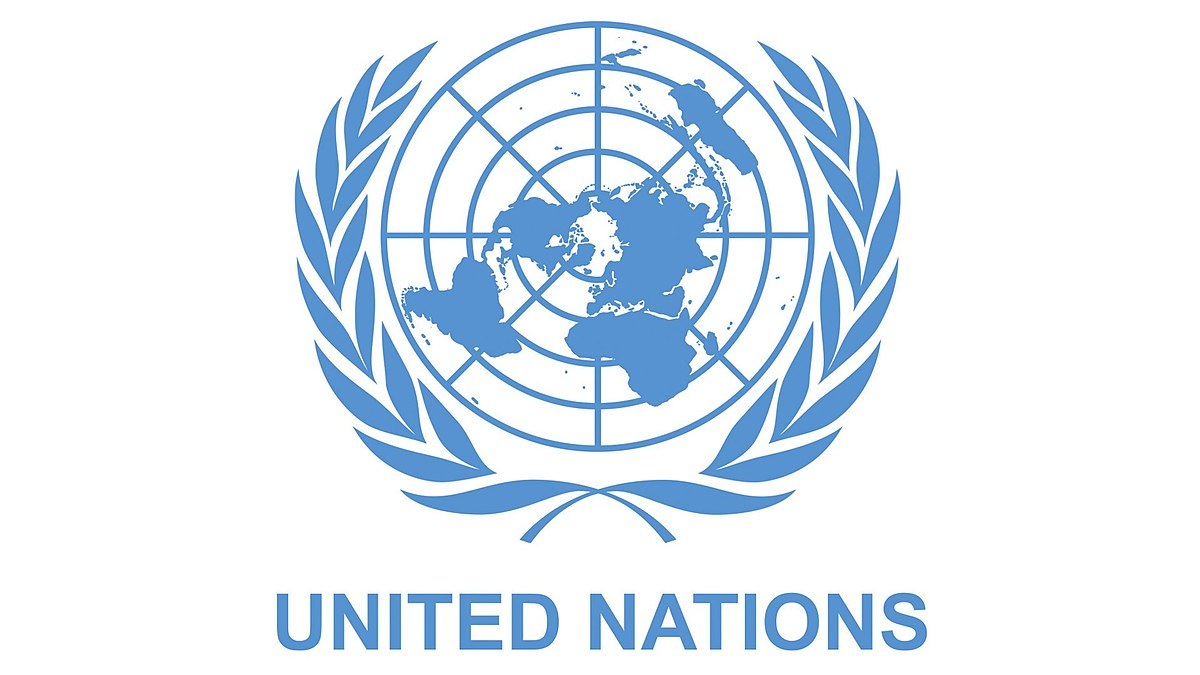The United Nations agency mandated to assist Palestinian refugees Monday described the situation in Gaza as “hell on earth” following a deadly Israeli attack in the southern city of Rafah that killed at least 45 people.
“Information coming out of Rafah about further attacks on families seeking shelter is horrifying,” the UN Relief and Works Agency for Palestine Refugees (UNRWA) said. “There are reports of mass casualties including children and women among those killed.”
Humanitarian partners including the International Medical Corps’ field hospital team in Rafah, have been crucial to the aid effort, the agency said about the latest gruesome development in more than seven months of Israeli attacks.
Unconfirmed images posted online showed shelters burned to the ground and charred bodies at the site of the Rafah attack.
“There are reports of mass causalities including children and women among those killed. Gaza is hell on earth. Images from last night are yet another testament to that,” UNRWA said.
Tor Wennesland, UN Special Coordinator for the Middle East Peace Process, condemned the airstrikes, underscoring the need for a “thorough and transparent” investigation.
He noted the claim by the Israeli military that they had struck a Hamas installation and killed two senior Hamas fighters in the strikes, and added that he was “deeply troubled” by the deaths of many women and children in an area where people had sought shelter.
“I call upon the Israeli authorities to conduct a thorough and transparent investigation into this incident, hold those responsible for any wrongdoing to account, and take immediate steps to better protect civilians,” Wennesland said in a statement.
“All parties in the conflict must refrain from actions that set us further away from achieving an end to hostilities and further jeopardize the already fragile situation on the ground and the broader region.”
He reiterated UN Secretary-General Antonio Guterres’ call for an immediate ceasefire, and for the immediate and unconditional release of all hostages.
“The United Nations remains steadfast in its commitment to supporting all efforts aimed at ending the hostilities, reducing tensions, and advancing the cause of peace.”
Echoing those comments and widespread international condemnation of the attack, the UN Special Rapporteur on the right to housing, Balakrishnan Rajagopal, called for “concerted global action” to halt the war, days since the UN’s top court called for an end to Israel’s expanding military operation in Rafah.
“Attacking women and children while they cower in their shelters in Rafah is a monstrous atrocity,” Rajagopal said. “We need concerted global action to stop Israel’s actions now.”
In a separate social media post the UN agency also expressed concern about the safety and status of colleagues in Gaza with whom contact has been lost after the attack in Rafah.
“We do not have an established communications line with our colleagues on the ground. We are not able to confirm their location and are extremely concerned for their wellbeing, and the wellbeing of all the displaced people sheltering in this area. No place is safe. No one is safe.”
In addition to the deadly threat of violence, UN humanitarian officials insisted that famine is still a daily danger for the people of Gaza.
The warning comes amid an almost total halt to life-saving aid convoy deliveries since the Israeli military seized Rafah crossing from Egypt into Gaza earlier this month, in response to a rocket attack on Kerem Shalom crossing on May 5 that resulted in the deaths of four Israeli Defence Force (IDF) soldiers.
According to UNRWA’s online portal for UN relief items and fuel entering Gaza via Rafah and nearby Kerem Shalom, no aid trucks have made it into the enclave since last Sunday.
“Aid is there, tens of kilometres away on the boundaries- while the population gets closer to famine,” UNRWA Director of Planning, Sam Rose, said in a post on X late Sunday.
The UN Office for the Coordination of Humanitarian Affairs (OCHA) also confirmed serious ongoing challenges receiving and delivering aid throughout Gaza, citing frequent delays, arbitrary checks access restrictions by the Israeli authorities.
Between May 1 and 23, 31 aid missions were denied access and 40 were impeded, including by “extensive delays, detaining aid workers, firing warning shots and forcing the abortion of officially approved missions”, OCHA said in a post on X on Sunday.
“If food and humanitarian supplies do not begin to enter Gaza in massive quantities, desperation and hunger will spread, the UN World Food Programme (WFP) also warned on Monday, after UN chief expressed concern that the humanitarian operation was “near collapse”.
“The Secretary-General emphasizes that the Israeli authorities must facilitate the safe pickup and delivery of humanitarian supplies from Egypt entering Kerem Shalom to those in need,” his spokesperson said in a statement on Sunday, after the reported passage of aid relief and fuel from Egypt into Gaza via Kerem Shalom.
“The Secretary-General reiterates his call for an immediate ceasefire and for the immediate and unconditional release of all hostages to end the suffering of civilians,” the statement noted, adding that Mr. Guterres had been “dismayed” by the lack of implementation of the recent orders of the International Court of Justice (ICJ) regarding the situation in Gaza.
“The decisions of the Court are binding,” the statement continued.

